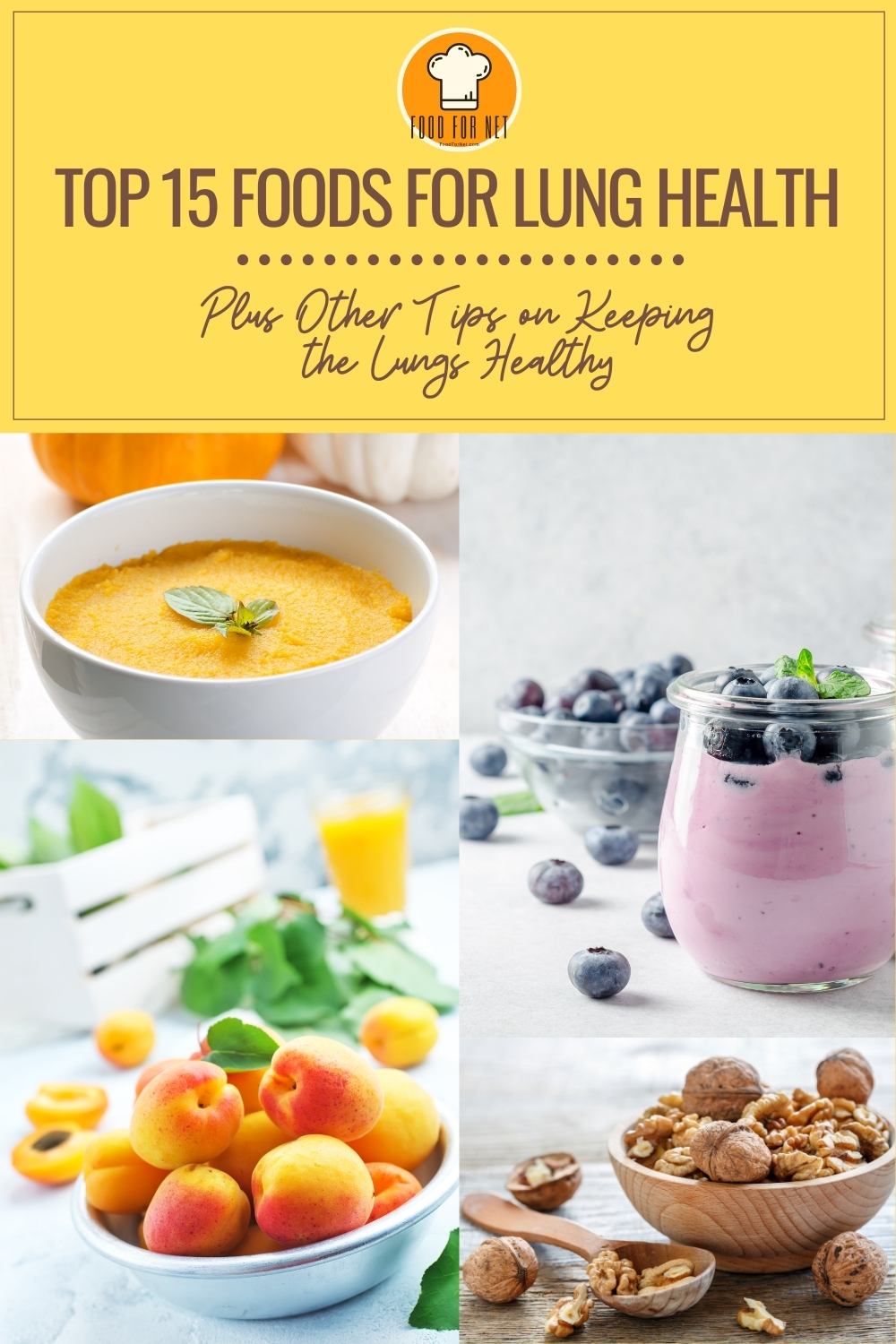
In this day and age, it is very important that we keep ourselves healthy. With the pandemic still affecting many countries all over the world, we need to take precautions. With COVID-19 being a respiratory disease, eating the best foods for lung health can go a long way in helping us.
But even without the coronavirus pandemic, we should still focus on our lungs’ health. The American Lung Association has stated that lung cancer is the leading cancer killer in the United States, about 25% of all cancer deaths in the year 2018 alone.
There are many things you can do to take care of your lungs, including getting vaccinated and going for a regular checkup with your doctor. But one of the easiest things you can do is to change your diet. These foods for lung health are the usual ingredients that you can find in the market.
You will be familiar with all of them, and now that you know that they are the best foods for lung health, you can make the conscious effort to add them to your usual menu.
Best Foods for Lung Health
- Beets and beet greens
- Turmeric
- Red Peppers
- Fatty fish
- Broccoli
- Nuts
- Tomato and tomato products
- Apples
- Apricots
- Poultry
- Walnuts
- Ginger
- Pumpkin
- Blueberries
- Garlic
Beets and beet greens
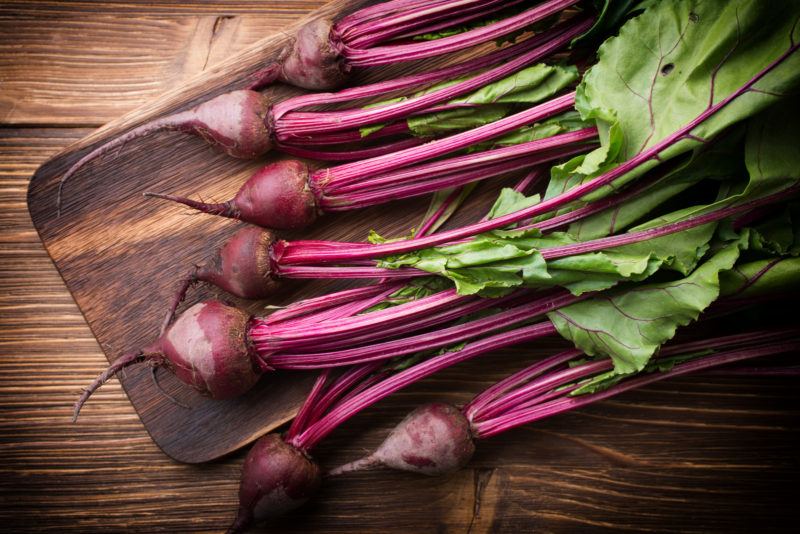
First on our list are beets and beet greens. A study at Wake Forest University has found out that beetroot juice can improve how COPD patients exercise.
After drinking the juice, patients find that they were able to exercise longer. They also showed better readings for their blood pressure.
While there are beetroot juices available in the market, you can easily make your own at home as long as you have a juicer or a blender.
Combine it with other healthy ingredients like lemon, ginger, and apples to make it even tastier.
Turmeric
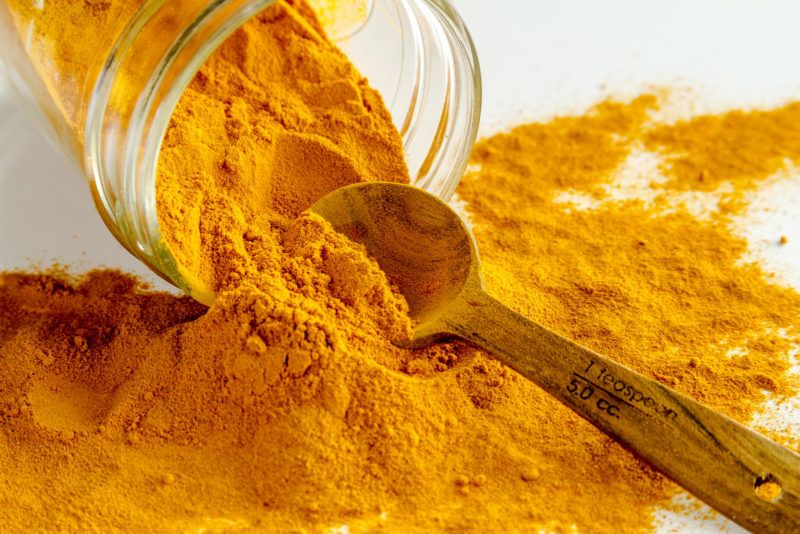
Turmeric is good for your lungs because of its anti-inflammatory properties. This is all thanks to curcumin, which is also an antioxidant, and we all know how beneficial that is for our bodies.
Another benefit of turmeric is that it can also act as an expectorant, breaking down the mucus in your bodies, so it is easier to expel.
You can add ground turmeric to your rice, or even make tea with them. It can be added to baked goods. If you don’t know where to get your turmeric, here are some websites that sell fresh turmeric root.
Red peppers

Cigarette smoke is one of the things that can deplete your body’s antioxidants. That’s why it is recommended that people who smoke must take more vitamin C, an antioxidant, than usual.
Peppers are one of the best sources of vitamin C, even more than some fruits! Just one pepper will already be more than enough the recommended daily intake for vitamin C.
Red peppers are so simple and easy to serve. You can have them roasted and then combined with cream cheese for a dip, served as a side dish to your meats, or even added as an ingredient to some of your baked recipes, such as this Moist Red Pepper Cornbread.
Fatty fish

If you have chronic lung disease, you know how important omega-3 fatty acids are. Not only are they able to fight inflammation, but they can also reduce the risk of lung infections like pneumonia and the like.
Some have even said that they can help with easing the symptoms of depression and anxiety, which is something that many people have been dealing with nowadays.
Aside from salmon, other fatty fishes include albacore tuna, mussels, anchovies, sardines, Atlantic mackerel, trout, and Alaska pollock. Some people go for fish oil supplements if they are not big fans of having fatty fish for their meals.
Broccoli
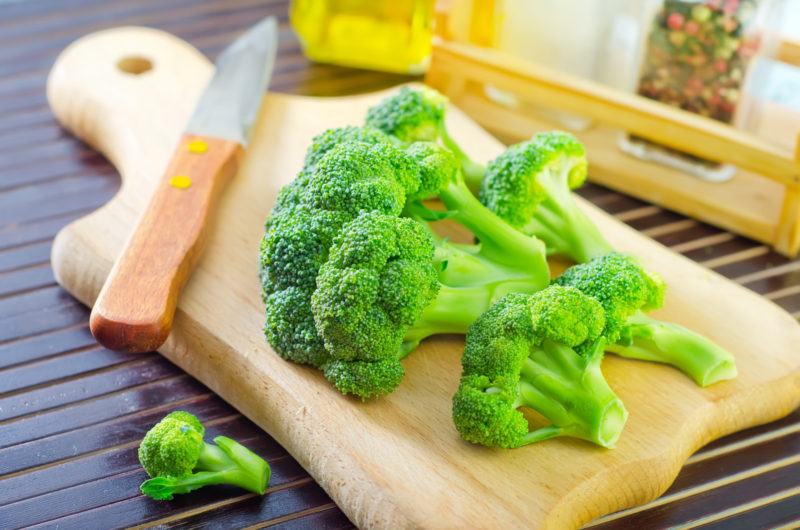
Most people say that you need to avoid broccoli and other cruciferous vegetables as it causes gas which may not be good for those with lung conditions.
But a study from John Hopkins Medicine has found out that a certain compound in this vegetable, sulforaphane, may help protect from respiratory diseases like asthma and COPD.
Keep it simple and have your broccoli steamed so that you can keep most of the nutrients. While most people only eat the florets, the stems and leaves can actually be eaten too.
Nuts
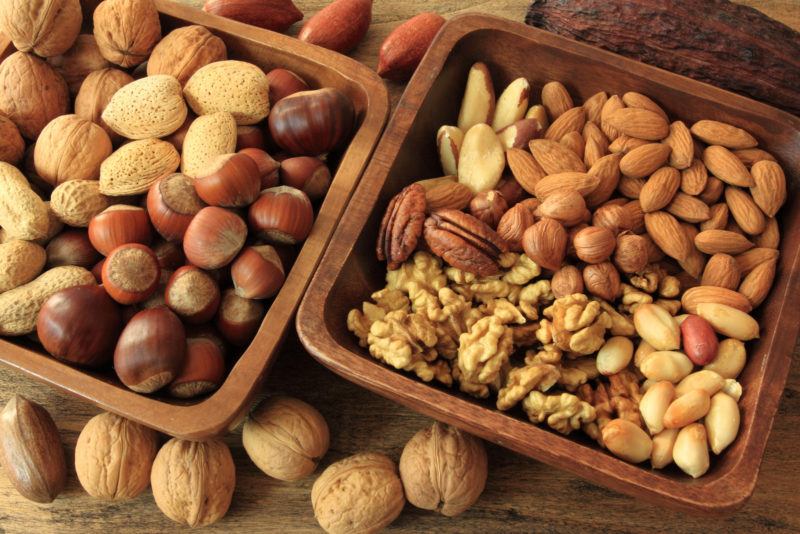
There are nuts that you must steer clear of as these may worsen symptoms of lung disease. Some of these include chestnuts and cashew. The reason for this is that it is high in carbohydrate content which may cause your lung tissues to be inflamed.
Instead, you can have Brazil nuts, which is very high in selenium. Selenium not only lowers the risk of lung cancer, but it can help improve one’s immunity.
Now take note that unlike other nuts that you can consume a cupful in a day, you should only have up to two of them per day.
Tomato and tomato products
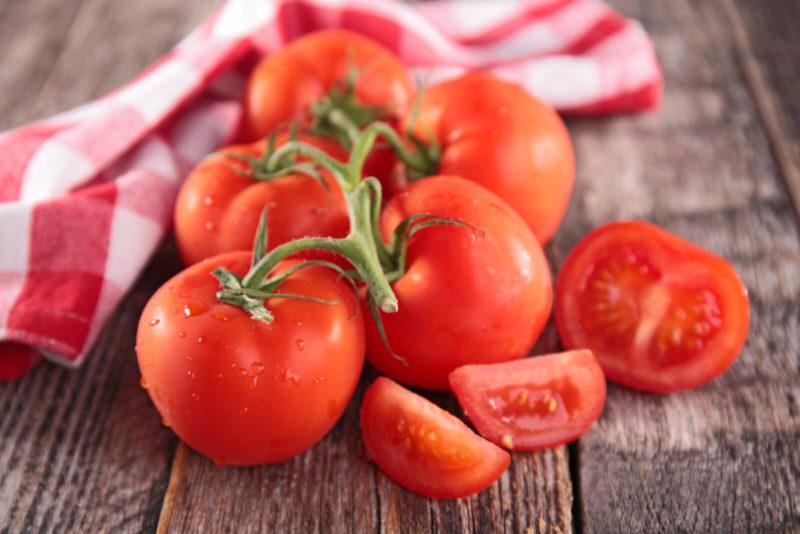
Tomatoes are rich in lycopene which has been proven to benefit your lungs. This antioxidant can lower the risk of getting diseases like asthma and other respiratory diseases.
Aside from lycopene, there is also beta-carotene which can slow down your lung aging.
You can drink tomato juice every day, or add tomatoes to your daily diet. They can be eaten raw like an apple or added to recipes like salsa. Also, cooking them will increase the lycopene in them so you can try making pasta sauce using fresh tomatoes that you have bought.
Apples
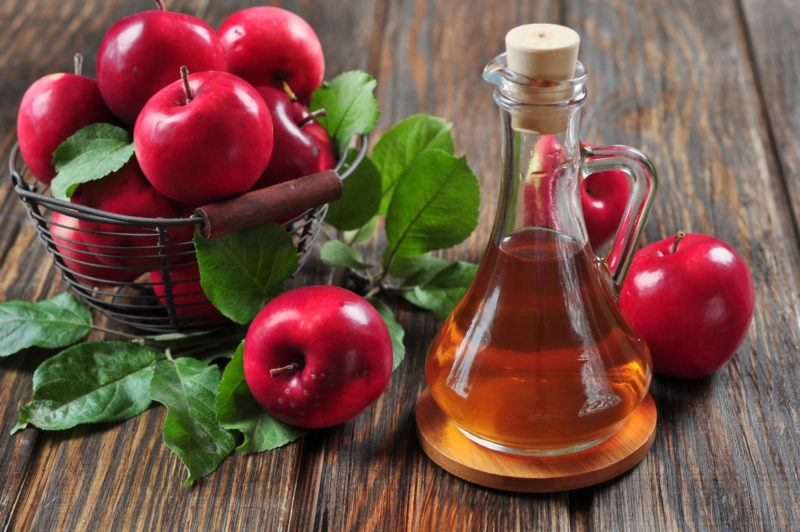
“An apple a day keeps the doctor away”. This may be an old saying but it is true that eating an apple can benefit you in many ways. Like tomatoes, they can lower the risk of diseases like lung cancer and asthma.
They are also versatile ingredients, they can be eaten as is, or cooked in sweet and savory meals, and even made into juices and other drinks.
Because apples are found all over the world, there are so many varieties that you can choose from. Widen your horizons and check out these Apple of the Month Clubs to see more unique apple varieties that you can try.
Apricots

These fruits are not only delicious but one of the best foods for lung health! They are rich sources of vitamin A, vitamin C, and lycopene among others.
These are all antioxidants that can help fight the free radicals in your body. Vitamin A in particular strengthens the respiratory tract linings, leading to protection against all sorts of lung infections.
Instead of chips and other fast food, have apricots for a snack or add them to your breakfast smoothie.
Poultry
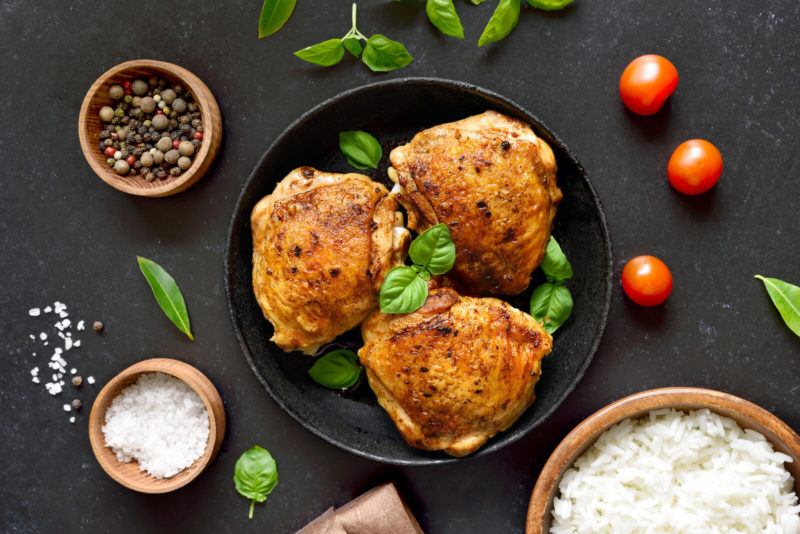
When it comes to protein sources, stick to lean meats, especially poultry. Studies show that people who include poultry meat in their diet regularly are 10% less likely to develop lung cancer in the future.
But take note that it also matters how you cook your meat. If you always have them fried or you get take out chicken from fast foods, then you are still putting your health at risk.
Cook your chicken yourself so that you each ingredient that goes to it. If you don’t have time to prepare your dish after getting home from work or school, these Slow Cooker Chicken Meals are perfect.
Walnuts
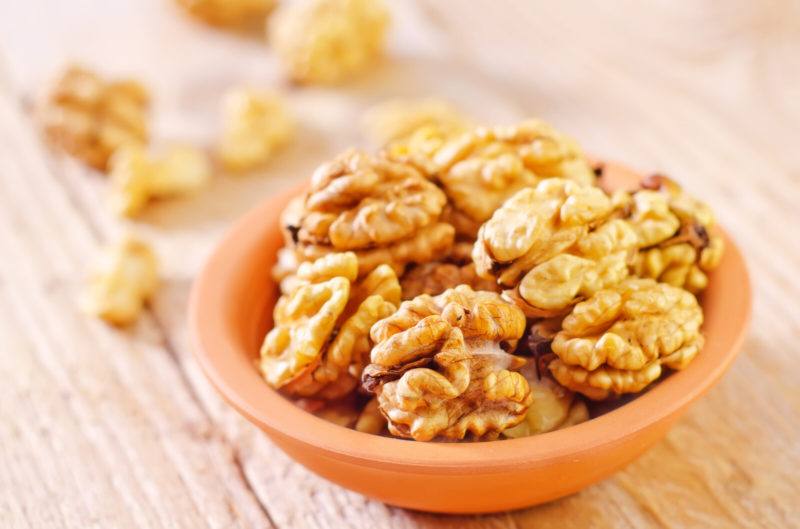
Aside from Brazil nuts, walnuts are also good for lung health. They are also good sources of omega-3 fatty acids.
They are the perfect snacks because unlike the Brazil nuts, you can have a handful each snack time.
Ginger
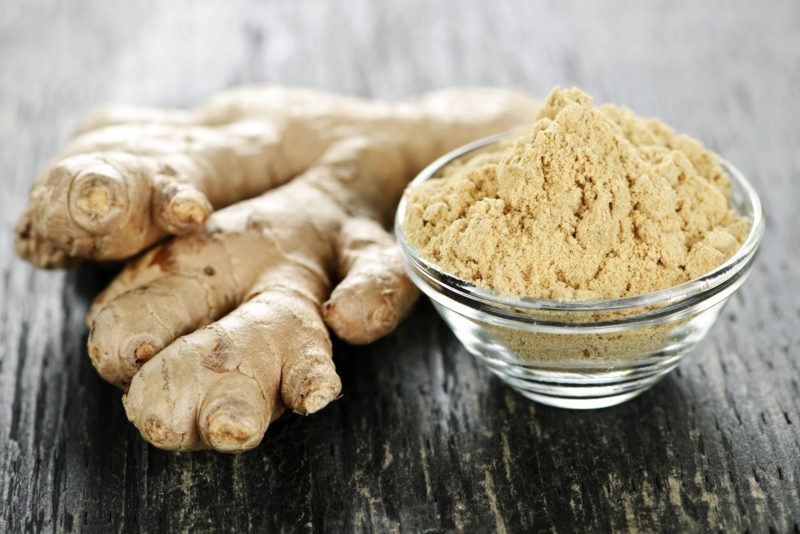
What’s great about ginger is that it not only helps fight inflammation in your body, but it can also detoxify.
It is also a natural decongestant. So on days when you are sick and having a hard time breathing, prepare a cup of warm ginger tea to help ease your symptoms.
You can also easily add them to your cooking, like in stir-fries or other Asian-inspired meals.
Pumpkin

Pumpkins are not only full of vitamin C but also beta-carotene, which gives it that distinct orange color. They help the lung function better, as they have anti-inflammatory properties.
Aside from that, pumpkins can also help your immune system to function more efficiently and even reduces the risk of developing metabolic syndrome.
There are many ways to include pumpkin in your diet. Roast and puree them for some soup, something perfect for the colder months.
Blueberries
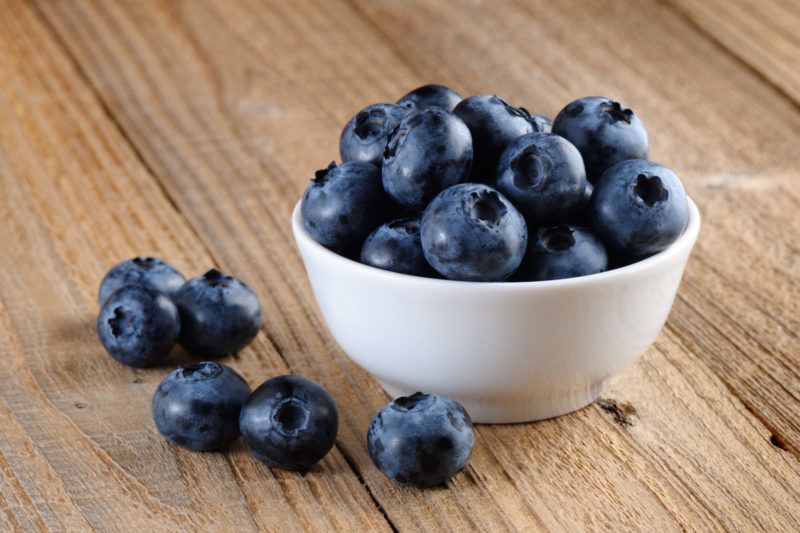
If you’re tired of having nuts for lunch, then it’s time to move on to blueberries. These tiny berries are packed full of nutrients, including antioxidants.
Compared to those who do not eat blueberries, those who do eat are shown to have a slow decline in their lung function as they grew old.
Garlic
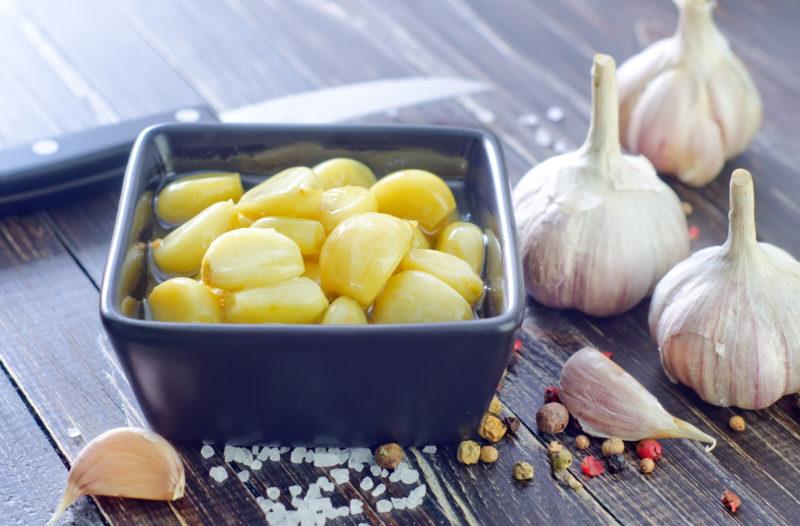
Last but not the least on our list is the humble garlic. It is used in many types of cooking so it is very easy to incorporate into your diet.
It has been around for thousands of years and many humans have benefited from its nutrients and medicinal properties. Throughout history, it has been used to treat everything from fever to hypertension.
Today, garlic is said to prevent lung cancer.
Other Tips for Maintaining Lung Health
Aside from eating the right types of food, there are still many other things you can do to ensure that your lungs are healthy and strong. After knowing what are the best foods for lung health, it is also good to know which ones you should not be consuming.
If you are experiencing difficulty in breathing or if you are already suffering from a lung illness, there are some foods that you must steer clear of.
This includes dairy products and even certain vegetables. The former is not good for you because it can worsen your symptoms, as they can increase the mucus in your body while the latter can cause bloating and make it even more difficult to eat.
You must also avoid foods that contain nitrites, which are mostly found in foods that have been preserved or process. This means hot dogs, ham, and bacon. While you can still have cured meats, you need to look for those that have been preserved using sugar or other ingredients aside from nitrates.
Here are the other things you can also practice to ensure healthier lungs.
Do breathing exercises
If you want your lung capacity to be maintained, exercise is important. You can do simple diaphragm or purse-breathing exercises several times a day to keep your lungs healthy.
Don’t smoke
If you do not smoke, then this will not be a problem. All you will need to do is avoid instances where you will be exposed to secondhand smoke.
But if you are a smoker, then it is time to quit. If you are finding it hard, remind yourself that there are rewards that you will get.
Nicotine is really bad for your lungs, the toxins can also affect other parts of the body. But in just days after you quit, these toxins will already leave your body.
In the long run, years will be added to your life as you quit this vice. But do note that withdrawal can be very hard to deal with, so you may want to surround yourself with support to help you get through that phase.
Exercise regularly
We all know that exercise is important to keep the heart healthy but this will also help with your lungs. Try to do aerobic exercises at least three times a week.
If you are not used to exercising, then start slow. Do 10-15 minutes of walking every day. Or just change your daily routine so that you are exerting more physical effort than usual, such as taking the stairs instead of the elevator.
Minimize exposure to indoor and outdoor pollutants
Lastly, you need to understand that there are many pollutants that can damage your lungs. We encounter them every day so you need to be vigilant and stay away from them.
You will need to keep your home clean from dust and if possible, keep your home smoke-free. If you will be going outside for recreation or exercise, go to parks or trails. If you go to areas with heavy traffic, you will be inhaling a lot of smoke.







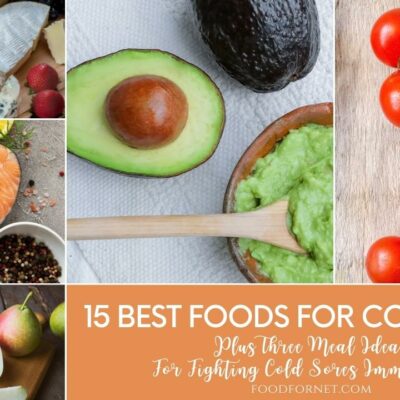







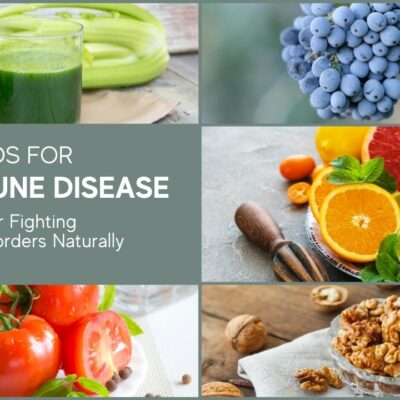
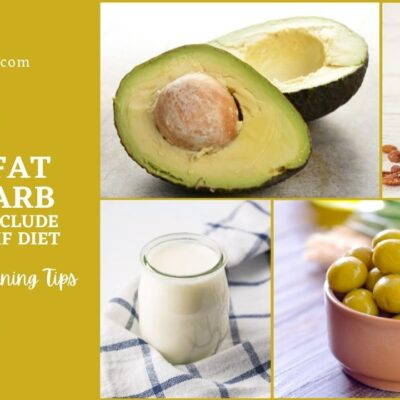
 Top 9 Foods for Milk Production Plus Other Tips on How To Increase Milk Supply
Top 9 Foods for Milk Production Plus Other Tips on How To Increase Milk Supply
Leave a Reply